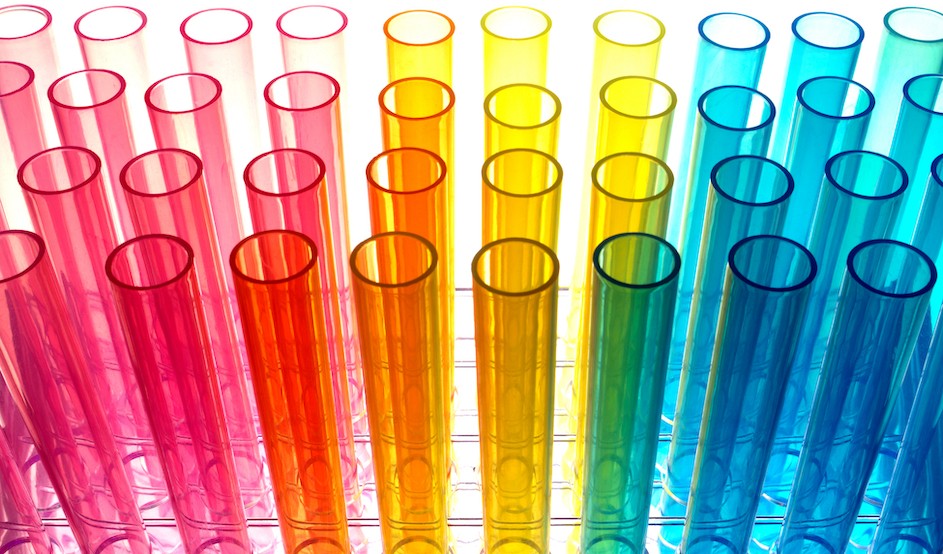Last year, for the first time ever, two openly LGBTQ+ scientists—the chemist Carolyn Bertozzi and the geneticist Svante Pääbo—won Nobel Prizes. Their scientific discoveries have paved the way for life-saving treatments and groundbreaking technologies. Had they faced insurmountable career challenges, our world today would be very different. This is why the welfare of LGBTQ+ people in STEM is not only a moral imperative, but also in our global interest. When LGBTQ+ people experience challenges in STEM, we all lose as a society. Unfortunately, growing evidence shows that LGBTQ+ scientists are underrepresented and face disproportionate career barriers and harassment.
While the National Science Foundation (NSF) is better known as a funding agency, it also has a Congressional mandate to track the STEM participation of marginalized groups through national surveys of the scientific workforce. Where disparities are identified in terms of sex, race, disability, or first-generation status, NSF, the National Institutes of Health, Congress, and the White House use these official statistics to set national policies and direct taxpayer money to solutions that can improve the STEM participation of underrepresented groups.
Since 2018, my colleagues and I have urged NSF to add voluntary sexual orientation and gender identity questions to its surveys as well. We can only improve a problem if we measure it. Other government surveys have included LGBTQ+ questions for many years, and federal law strongly protects the privacy and confidentiality of the data. After years of advocacy, in January, I authored a 16-page letter to NSF and other government bodies, signed by 1,700 scientists. Weeks later, 18 Senators reacted to our letter by calling on NSF to begin collecting LGBTQ+ data with their own letter. Together, these efforts catalyzed movement in the right direction.
Starting next month through June 2024, NSF will be piloting several versions of LGBTQ+ questions on the estimated 57,000 newly minted PhDs in the U.S. on the survey required to graduate. Last week, NSF also filed plans with the U.S. Office of Management & Budget to conduct similar piloting on a subset of its next representative sample of 125,000 PhD holders in the U.S. across career stages and sectors. After fixing the survey methods used in years prior, NSF is also currently piloting on a subset of this year’s sample of 166,000 college-degree holders. If all goes well, NSF will use the pilot data to identify optimal versions of the questions and include them in 2025. In 2026, it would generate the first official statistics on LGBTQ+ representation in STEM since the inception of these surveys over 65 years ago.
The disparities that LGBTQ+ people face in science hurt not only LGBTQ+ people but also scientific progress itself. NSF’s long-awaited steps with new demographics will empower change through data-driven policies and benefit science for all.

